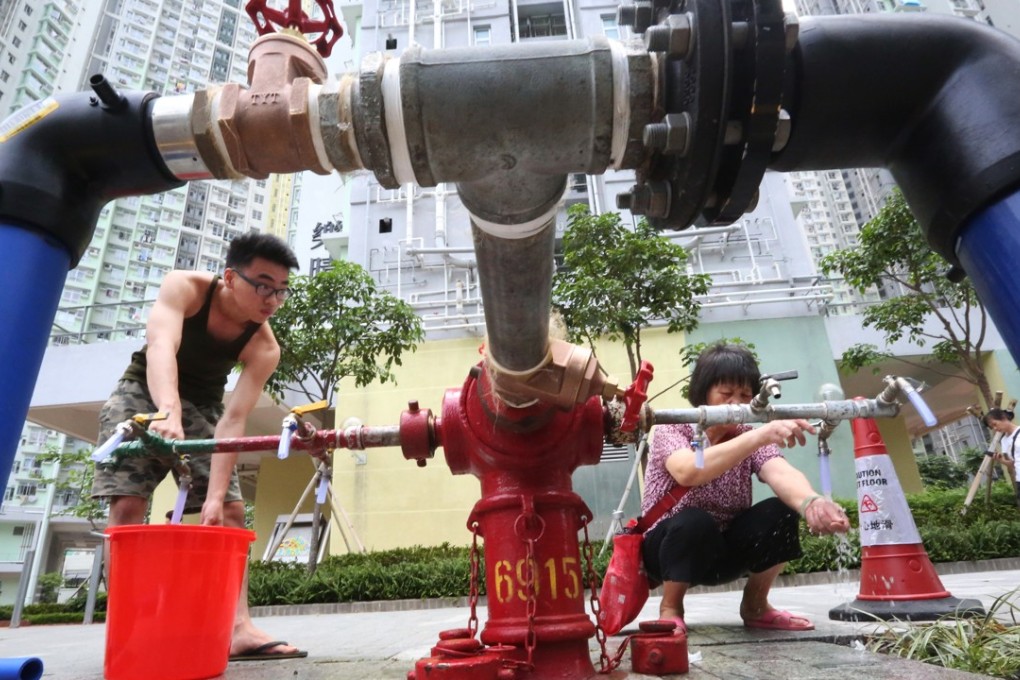Put all tap water safeguards in place
The latest scare at a public housing estate is a grim reminder of the tainted water scandal in 2015. The city’s residents are still waiting for all the promised safeguards arising from that incident to be introduced

Even the most advanced societies cannot avoid policy mishaps and, from time to time, health scares of various kinds. When the two are linked together, the consequences can be serious, as was seen with the city’s tainted-water scandal in 2015. What matters most is that the government swiftly bring the situation under control, discipline those responsible, learn the lesson and avoid repeating the problem. But three years on and it seems Hong Kong officials are still struggling to put the bitter saga behind them.
The familiar headlines about new public housing tenants using and drinking water contaminated with heavy metals are disturbing. According to the Democratic Party’s test results from eight new Kwai Chung flats, four samples were found to have excessive lead content. The public estate in question opened only four months ago. The party conducted the tests after residents complained about cloudy tap water. The results by the Water Supplies Department, however, showed the water was within safety standards.
The scare in 2015 started with a few samples of household tap water collected by the party. It soon widened to more estates, schools and hospitals, and the problem boiled down to a failure to ensure that only authorised materials were used in pipes.
In response to the latest query, the government was adamant that test results were within safety limits. Officials may well be right in saying that the relatively high amount of metal leaching from new copper alloy fittings in pipes would soon drop; and that it is advisable for residents to run the tap a while before using water.
But in light of the fresh evidence of possible contamination, the remarks do little to ally fears. Only scientific findings can restore calm and confidence.
